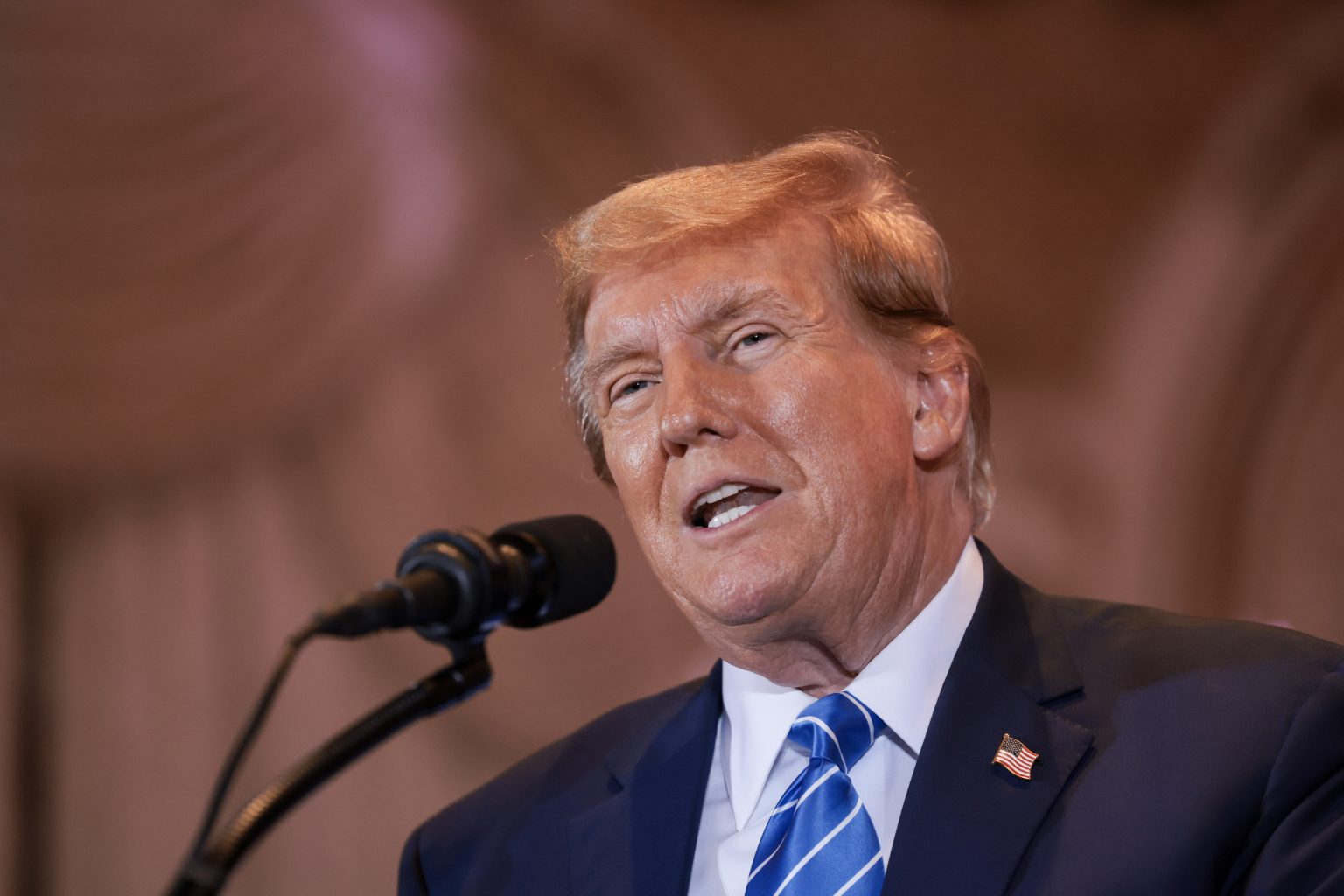Questions have arisen regarding the details of the court filings in Donald Trump’s New York civil fraud case, where he posted a $175 million bond to prevent the seizure of his assets. The bond was secured by Knight Specialty Insurance Company (KSIC) and collateralized by Trump’s Charles Schwab account, containing just over $175 million in cash. Trump had been fined $454 million after Judge Arthur Engoron ruled that he had submitted fraudulent financial statements inflating the value of his properties and assets. An appeals court reduced the bond amount to $175 million, which Trump posted on April 1. The information about how Trump and KSIC secured the funds and guaranteed them was revealed in court filings submitted late Monday night, raising questions from former FBI General Counsel Andrew Weissmann who suggested there was something suspicious about the arrangement.
The court filings indicated that the $175 million bond is backed by cash in a Charles Schwab account pledged to KSIC, and KSIC has the right to control that account. KSIC also maintains over $539 million in assets and $138 million in equity, with access to over $2 billion in assets and $1 billion in equity, including nearly $1 billion in cash and marketable securities through a reinsurance agreement with its parent company, Knight Insurance Company (KIC). Donald Trump Jr. signed off on behalf of the Donald J. Trump Revocable Trust, granting KSIC a security interest in the Schwab brokerage account, with the trust required to maintain at least $175 million in cash or cash equivalents at all times. Despite these details, reactions from experts and social media users have questioned the legitimacy and transparency of the arrangement, with concerns raised about the apparent lack of necessity to involve a surety bond if Trump has the cash available.
Former FBI General Counsel Andrew Weissmann and social media users have expressed doubt and suspicion regarding the court filings about the $175 million bond Trump posted in his New York civil fraud case, questioning the need to involve a surety bond if Trump indeed has the necessary cash available. The agreement between Trump, KSIC, and the Charles Schwab account has raised eyebrows, with concerns about the feasibility and access to funds in case of default. The involvement of KSIC, a California-based company not licensed to issue surety bonds in New York, has also prompted questions about its authorization to underwrite the bond in this case. James’ office had already raised concerns about this issue, leading to a scheduled hearing to determine if KSIC can indeed secure a bond in New York. Trump’s legal team has been contacted for comment regarding these concerns but has not provided any response thus far.
Despite the questions and doubts raised about the legitimacy and transparency of the $175 million bond arrangement in Trump’s New York civil fraud case, his legal team argued in court filings that the evidence supporting KSIC’s justification as a surety is overwhelming, eliminating the need for further inquiry or a hearing to set aside any exceptions. The documents submitted in support of the bond detail the financial backing of the bond by the cash in the Schwab account and the assurances provided by KSIC’s assets and access to funds. The ongoing scrutiny and skepticism surrounding the arrangement highlight broader concerns about the financial dealings and legal strategies employed by Trump and his associates in navigating the legal challenges he faces. As the case progresses and more information comes to light, the validity and credibility of the bond arrangement will likely continue to be scrutinized and debated in the public sphere.








